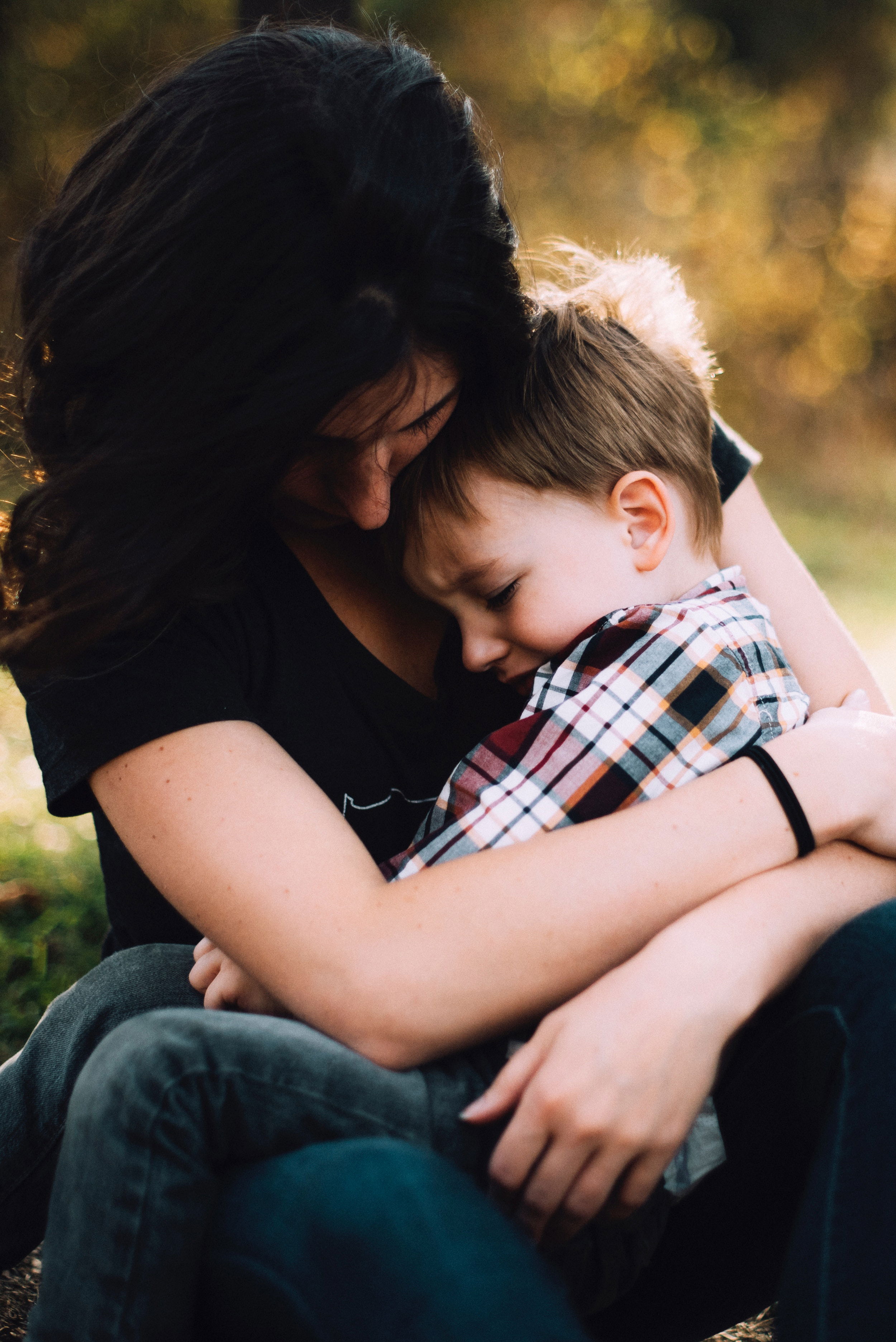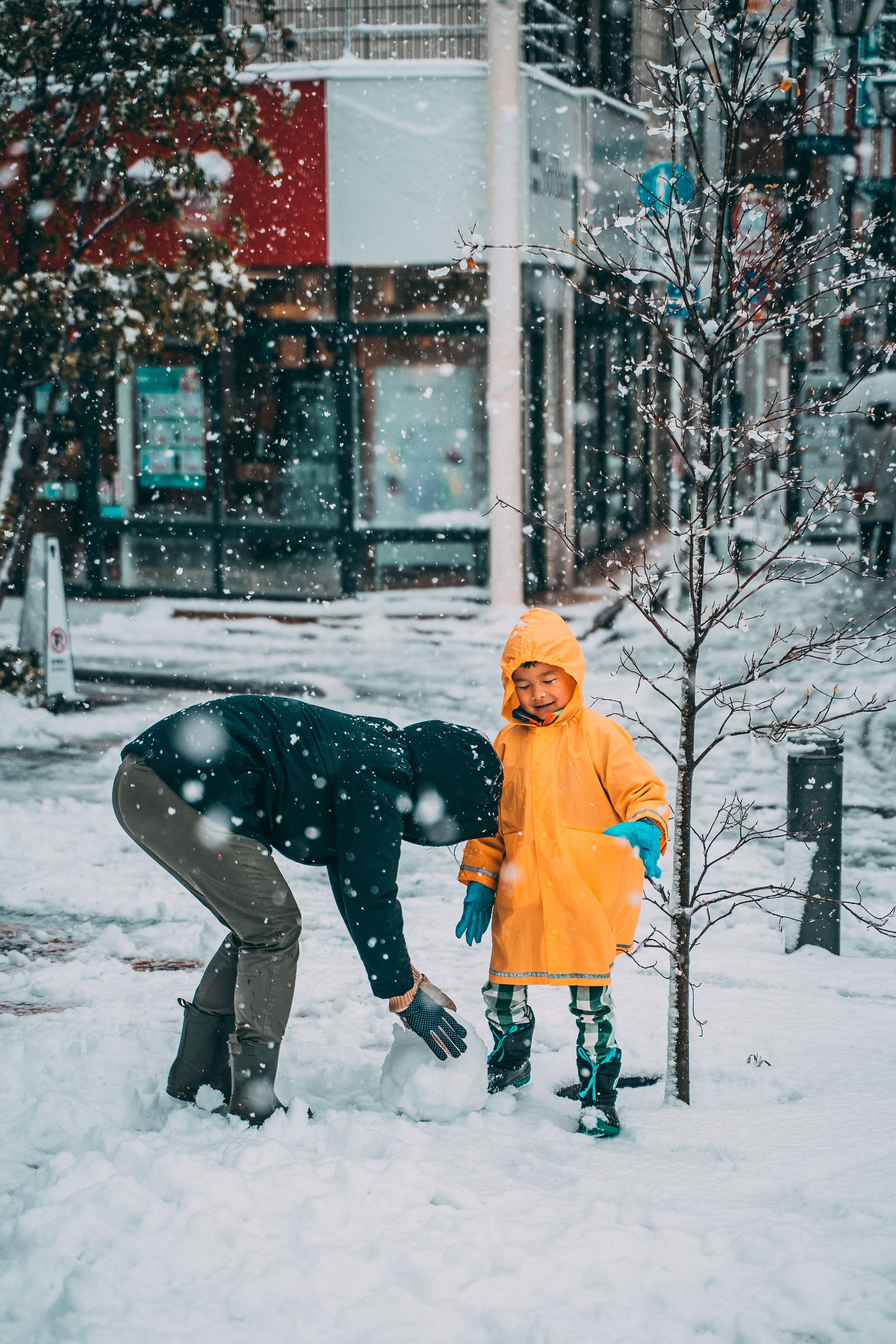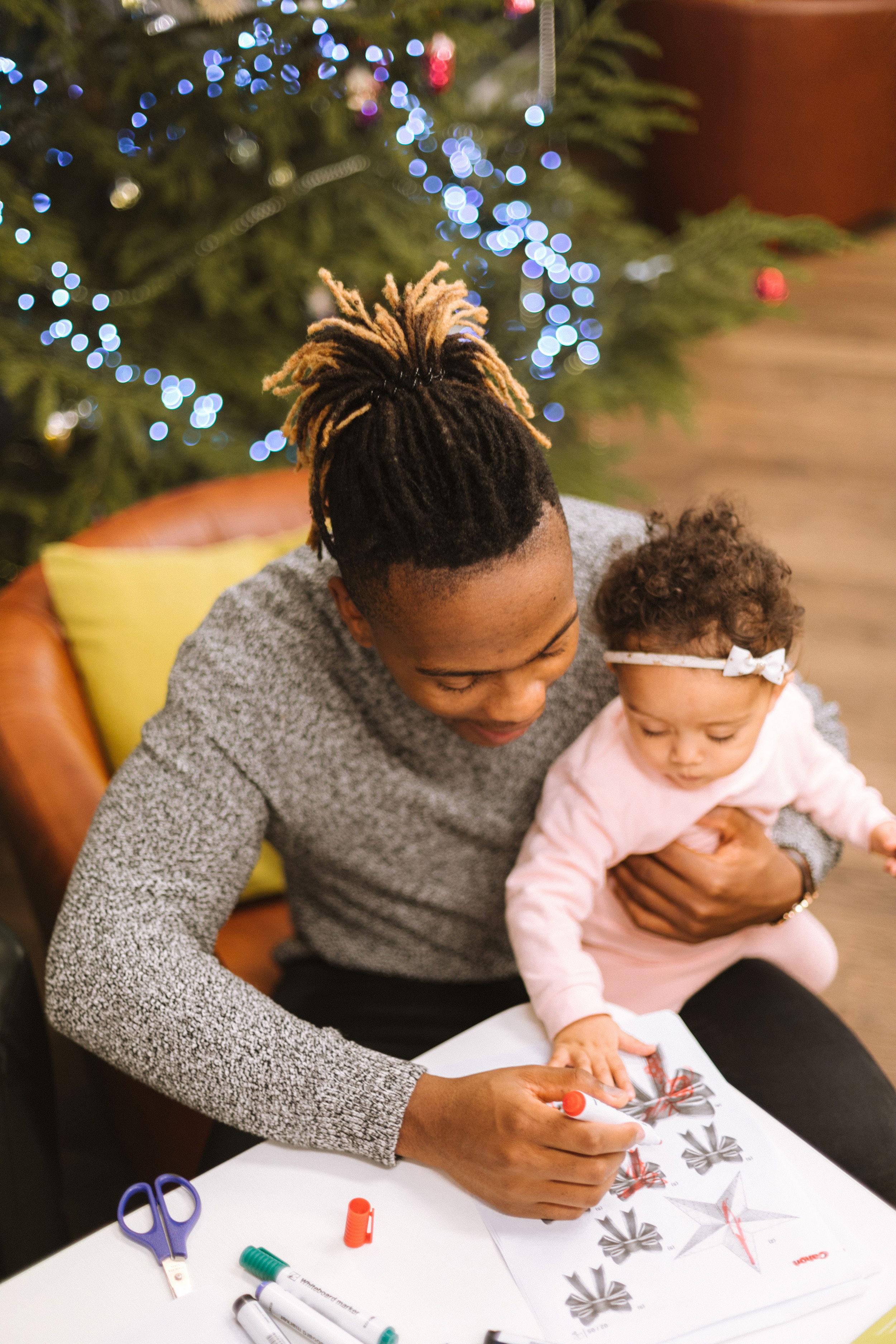Parenting
When I was 13 years old I my mom if I could go to a party. There would be boys, food, movies, and zero adult supervision; it sounded great to me! My mom didn't hesitate to say no. I immediately got upset and after complaining about how unfair that was I said, "I thought you were my friend!" My mom's reaction shocked me. She simply responded with, "I'm not your friend, I'm your mom." It took until I was almost graduated from high school to fully understand and appreciate what she had meant by that.

Every child has specific needs that, if not met, leads children to act out in a variety of ways (ex. attention seeking, revenge, rebellion, risk taking, etc.) These needs are Contact & Belonging, Protection, Power, Withdrawal, and Challenge. Ways that parents can give their children contact and a sense of belonging is to offer contact freely (ex. an unexpected hug) and to teach your children to contribute(ex. teach them to fold laundry or put away dishes.) Ways that parents can give their children protection is to show assertiveness (ex. be confident in decisions regarding your children) and to be forgiving (ex. don't hold grudges against your children.) Ways to give children power is by allowing them to make choices and then letting them experience the natural consequences (ex. let them pick their outfit for the day but warn them that it might not be reasonable, (sweater in summer or shorts in winter), then allow them to learn for themselves that their decision was not a good one.) As well as allowing them responsibility (ex. let them help make family rules as well as the consequences for breaking those rules.) Parents can help their children withdraw by giving them breaks when needed (ex. weed the garden for 15 minutes then take a 5 minute ice cream break and get back at it!) Lastly a parent can give children challenges by providing opportunities for them to build skills (ex. put them in swimming lessons or find them a piano teacher.) Children need to learn that consequences exist.

A very helpful model for this is called the Problem Handling Model. It says that the only people who should be involved in handling the problem are those that "own" the problem. Meaning those that want change or are affected by it. Every problem should be addressed in a multi-step plan. First, the parent should make a polite request. "Please don't eat on the couch, it leaves crumbs and can stain it." If the child doesn't react with that request then the next step is to use an "I feel..." statement. "I feel like you don't properly appreciate the couch when you eat on it, It wasn't cheap and I worked hard to afford that couch." If the bad behavior continues, then you move onto a stronger statement, "When you eat on the couch you are telling me that you don't respect our belongings and you don't respect my efforts." If it continues THEN you set up consequences. The child should be involved in creating the punishment and it should logically connect to the natural consequences. Meaning, if they continue to eat on the couch then they can no longer use the couch and have to sit on the floor. An illogical consequence would be that they lose their bike for a week, the bike doesn't connect to the couch so it would confuse the child. You should try this idea and follow through with it then ask the child what they think.

The only times a child should not be allowed to experience the consequences of their actions is if 1. it is too dangerous (like swimming without a life-jacket.) 2. It is too far in the future (allowing a 10 year old to decide they don't want to go to school.) And 3. If it affects others (if they want to drink and drive.) In these situations, the child should not be given a choice, they need to accept the fact that you as a parent are saying no and they need to listen to you.
I now realize what my mother meant by her not being my friend. I later heard that someone had brought alcohol to that party and a lot of kids ended up making some really dumb decisions that night that affected the rest of their lives. In that moment I didn't need a friend who would give me what I thought I wanted, I needed a mom who knew what was best for me and wanted to protect me. Now that I am a grown adult, my mom is most certainly my friend and I am so thankful for her and her willingness to protect me, even if it meant I didn't like her very much in the moment.
